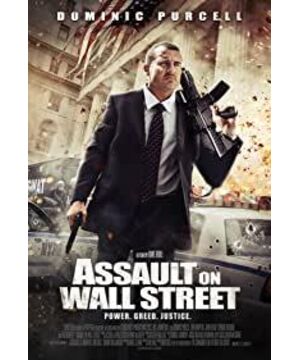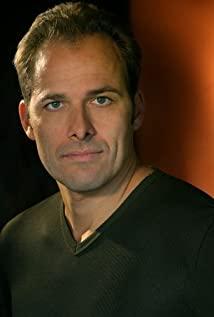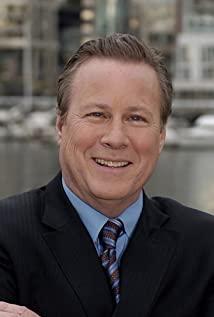The violent scene is in the second half of the film. The actor shoots at close range with a pistol, sniper with a rifle, and assassinates several people on Wall Street. In the climax, the male protagonist goes directly to Wall Street, hides in the parking lot of a high-rise building, and uses a sniper rifle to headshot the broker who caused him to go bankrupt and ruin his family. Then he rushed into the investment bank headquarters, shot at the fund managers and traders in the trading room, and threw two mines, killing a large number of Wall Street elites.
In the end, the male protagonist came to the office of the big boss at a higher level, and argued with the big boss for a long time, but the big boss was still plausible when he was about to die. The male protagonist stood in the position of the big boss, watching the video surveillance of the big boss desktop, and the big boss was standing opposite him. The male protagonist threw the gun and said let's play a game. I counted one, two, and three. Whoever grabs the gun will live. As a result, the big boss grabbed it and fired a few shots, but there was no bullet in the gun. At this time, the special police rushed up and saw the big boss holding a gun, and killed him as a gangster. It turned out that all this was pre-calculated by the hero. He knew the police's actions, but the big boss didn't.
Isn't this information asymmetry, how investment bankers treat ordinary people, and the masses treat you like this.
There is a line in the film that left a deep impression on me. It roughly means that robbing a 50,000-dollar gas station will get you a sentence, but an investment banker will run away with 20 trillion and nothing will happen. It can only be solved by force, which is what the United States did to Afghanistan and Iraq.
Finance is worthy of the best money-making business in the world. When an investment bank pulls a fake company to market, it doesn't matter whether the investor makes money or not, it takes a commission anyway. Brokerages recommend stocks every day, regardless of whether the client makes money or not, it takes a commission anyway. The fund manages investors' funds. Regardless of whether the investor makes money or not, it takes a commission anyway. If the investor makes a profit, it takes more and doesn't need to spit out a dime that is lost. Is there any other business in the world where you can make money regardless of the life or death of your customers?
View more about Assault on Wall Street reviews











